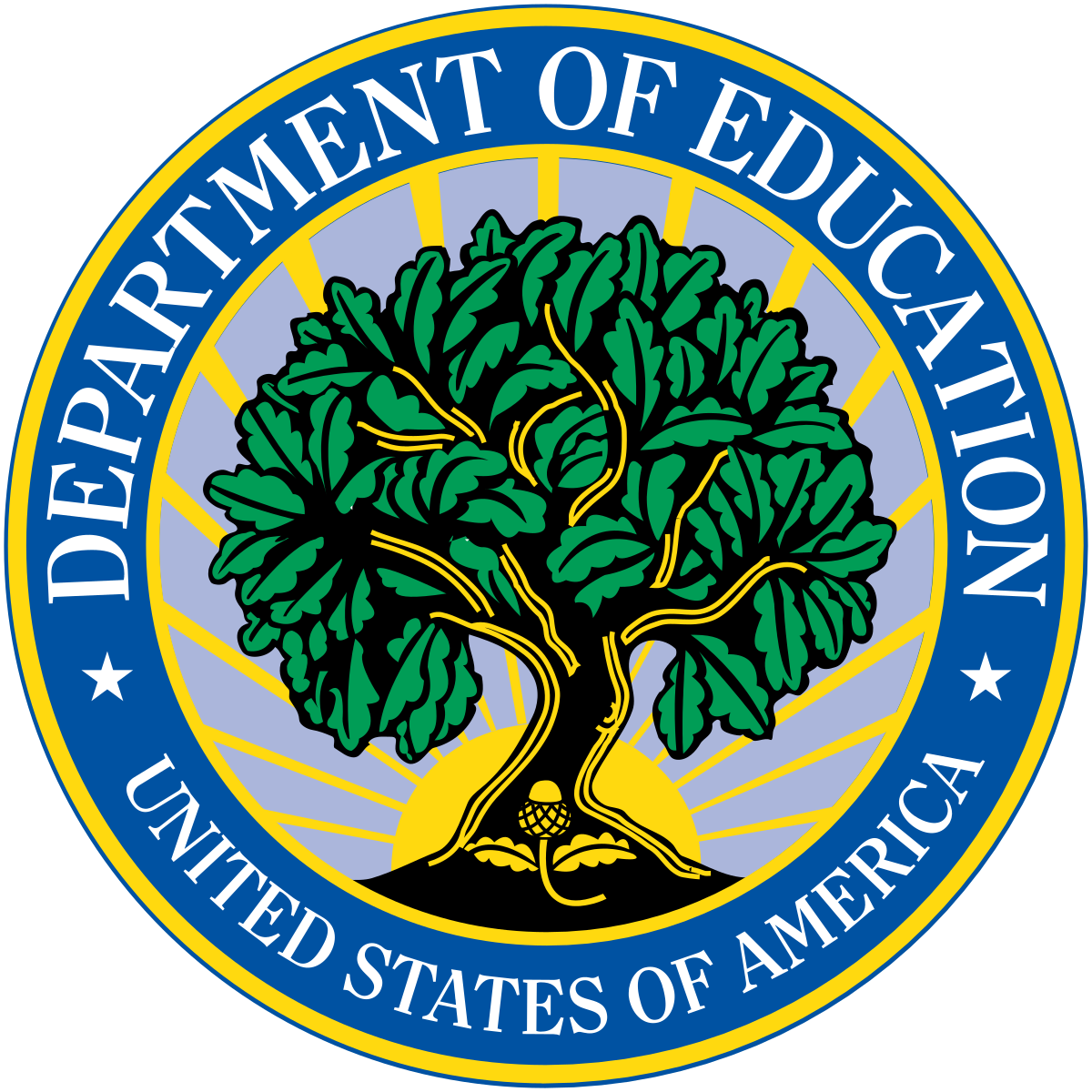$4.8M Department of Ed Grant to Fund Innovative Teacher Prep Program at CSUMB
SEASIDE, Ca., October 8, 2019 – California State University Monterey Bay (CSUMB) has been selected to receive funding under the U.S. Department of Education’s Teacher Quality Partnership (TQP) program in the amount of $4,849,320; $2.2M of which will go directly to student scholarships.
SEASIDE, Ca., October 8, 2019 – California State University Monterey Bay (CSUMB) has been selected to receive funding under the U.S. Department of Education’s Teacher Quality Partnership (TQP) program in the amount of $4,849,320; $2.2M of which will go directly to student scholarships.
The award, expected to span over a total of five years, will also help fund a project entitled Preparing Observational Practitioners through Partnerships Yearlong (POPPY) and support CSUMB partnerships with eight school districts across Monterey County, further advancing the “grow your own” model of teacher preparation.
Through this funding we will be able to provide support to our faculty for curricular reform and research that will not only improve our teacher preparation programs, but provide the supports needed to improve the educational outcomes of K-12 students throughout Monterey County."— Project POPPY principal investigator and CSUMB Department of Education and Leadership assistant professor Erin Ramirez.
Project POPPY aims to increase achievement among K-12 students by preparing highly-qualified prospective teachers through rigorous curriculum reform, a yearlong clinical residency model and sustained intensive professional development opportunities in both STEM and literacy fields. Project POPPY has five goals centered around:

- Teacher recruitment from underrepresented populations and high-needs subject areas.
- A residency model that includes a year-long clinical experience with a highly-qualified mentor teacher and tightly-aligned rigorous graduate level coursework.
- Providing support to new teachers to aid in retention and professional learning.
- Sustained evidence-based and classroom-focused professional development opportunities around STEM and literacy integration across the curriculum.
- Improvement science to engage in continuous improvement throughout the duration of the project.
“We greatly appreciate this funding from the U.S. Department of Education for a program designed to meet the diverse needs of CSUMB students and our partner districts,” said Project POPPY principal investigator and CSUMB Department of Education and Leadership assistant professor Erin Ramirez. “The scholarships will support CSUMB students that may not have otherwise been able to obtain a master's degree, while committing to teach in our high-needs partner districts. Through this funding we will be able to provide support to our faculty for curricular reform and research that will not only improve our teacher preparation programs, but provide the supports needed to improve the educational outcomes of K-12 students throughout Monterey County.”
Expected outcomes of Project POPPY include recruiting teachers from underrepresented populations and high-needs content areas; increasing the number of highly-qualified teachers entering the field so that partner districts can hire and retain effective new teachers; supporting new teacher retention and effectiveness; expanding teacher knowledge around STEM practices and integrating literacy across the content areas to improve student achievement and reduce the number of Long Term English Learners.
Programs such as Project POPPY directly support the CSU Graduation Initiative 2025, which is a university-wide initiative to ensure that all students have the opportunity to be successful and graduate according to their personal goals, positively impacting their future and producing additional graduates to power California and the nation.
The TQP program is authorized under Title II of the Higher Education Act with the purpose of improving student achievement, elevating the quality of the teacher workforce by enhancing preparation of prospective teachers and professional development of new teachers, and recruiting highly qualified individuals into the teacher workforce.
News Information
- Published
- October 8, 2019
